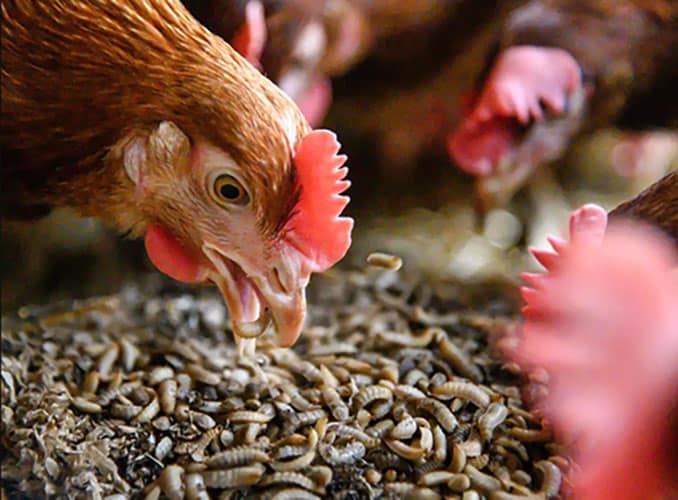The International Livestock Research Institute (ILRI) is calling on governments, development partners, the private sector, and academia to join forces in expanding the use of Black Soldier Fly (BSF) larvae as a sustainable poultry feed solution. For smallholder farmers, feed costs account for up to 70% of total production expenses, presenting a major barrier to increasing income and improving household nutrition. Reducing these costs is essential for making poultry farming more profitable and resilient.
At ILRI’s poultry facility in Addis Ababa, Ethiopia, researchers are testing a high-protein feed derived from BSF larvae. These larvae can be cultivated locally, offering farmers an affordable, scalable, and practical alternative to conventional feeds. Beyond cost savings, BSF larvae are environmentally sustainable, converting organic waste into nutritious feed while reducing the environmental footprint of poultry production.
The use of insect-based feeds is gaining traction globally, with early adoption in Africa, Asia, Europe, and North America. Scaling this innovation will require investment in research and development, supportive regulatory frameworks, and public awareness campaigns. By collaborating, stakeholders can accelerate the adoption of BSF larvae and other insect proteins, creating poultry systems that are resilient, productive, and sustainable.
ILRI emphasizes that partnerships across sectors are critical. Governments, academic institutions, and private enterprises working together can foster innovative solutions that empower smallholder farmers while addressing environmental and economic challenges.



